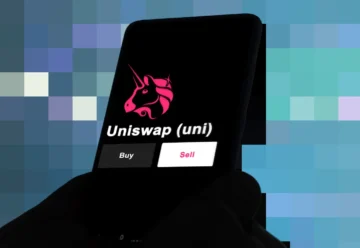ETH Liquid Staking Protocols Introduce Self-Limit for Decentralization

Five liquid staking protocols have agreed on a 22% self-limit for all validators. The community of Lido Finance, the largest protocol in the sector, declined to join the initiative.
Several services that provide ETH liquid staking have agreed to a 22% self-limit for all validators. Specifically, the initiative has been joined by:
Lido Finance, the biggest liquid staking protocol, didn’t support this initiative. 99.8% of the protocol’s users voted for rejecting the limitation. Notably, according to Dune Analytics, Lido’s market share is 32.4%, while the total market share of projects that joined the initiative barely exceeds 3.4%.
The initiative was proposed by user Superphiz in May 2022. Its main purpose is to prevent centralization of the Ethereum blockchain network. The idea is that for the network to function properly, a minimum of four liquid staking protocols with no more than 22% of all ETH blocked must reach a consensus to ensure the Ethereum core layer works.
But as of now, Lido is the only protocol that holds over 22% of all staked ETH. Its closest competitor is Coinbase, which controls 8.7% of the liquid staking market.
Users’ opinions on Lido’s solution are different. For example, the author of the concept believes that the protocol claims to control the majority of validators in the blockchain network. On the other hand, the user Mippo notes that if others were in Lido’s position, they would’ve done the same, because “everyone is doing the economically selfish and rational thing” in the cryptocurrency market.
According to Binance data for Q2 2023, Lido Finance remains the biggest among DeFi projects. The volume of funds on its addresses grew from $11 billion to $14.9 billion during Q2.











